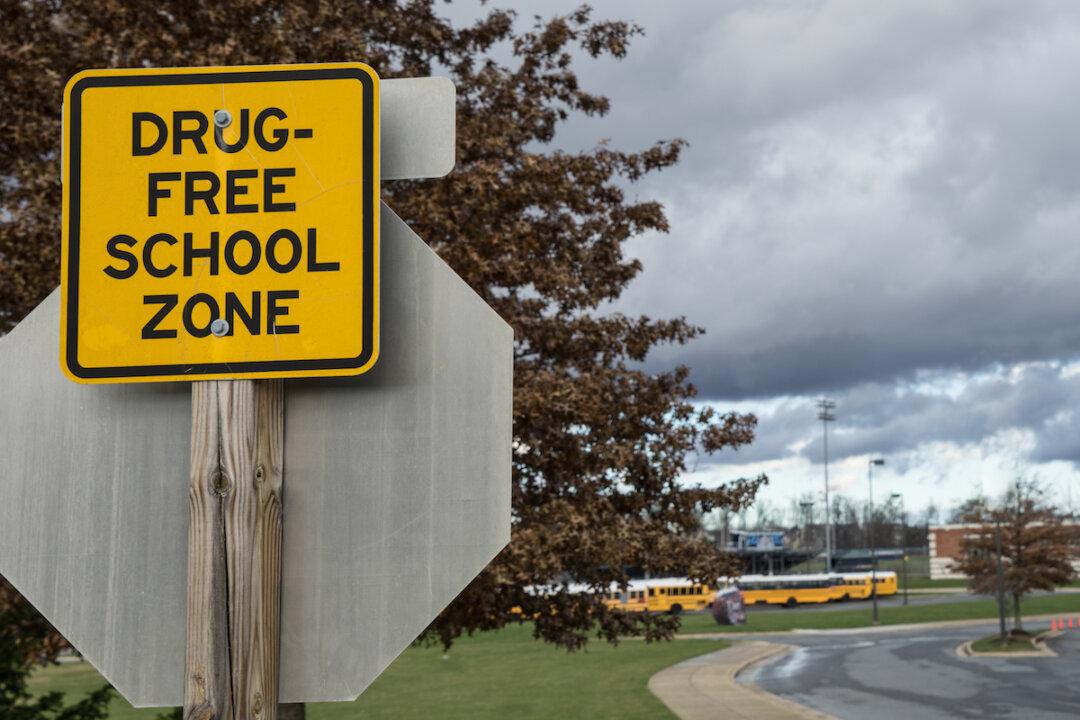A Catholic high school in Ohio will begin conducting random drug tests for all students as part of its health and wellness initiative to keep students and the campus drug-free.
Officials of Stephen T. Badin High School said in a letter (pdf) sent home to parents on Nov. 12 that the new policy will go into effect in January 2020.





